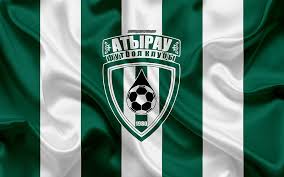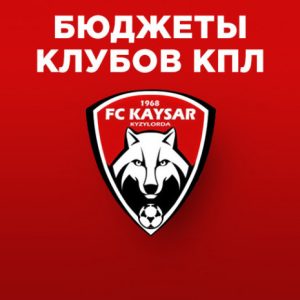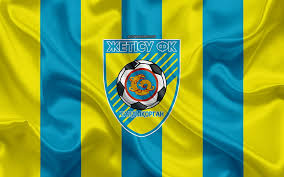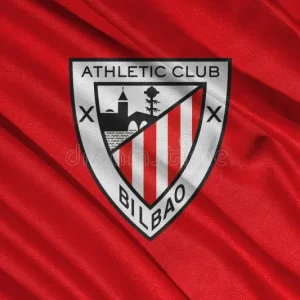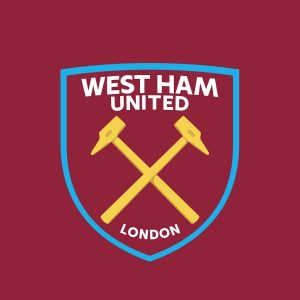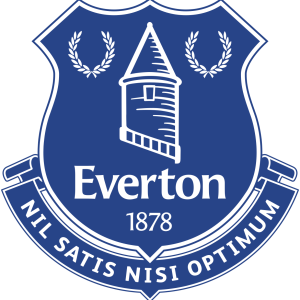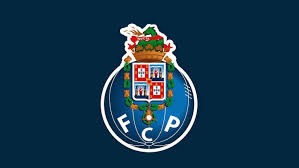RB Leipzig has quickly become one of the most talked-about football clubs in Europe. Known for their energetic playing style, modern management, and impressive rise through the German football pyramid, the club has established itself as a serious contender in the Bundesliga and on the European stage. For football fans and analysts alike, RB Leipzig represents both the innovation and controversy that come with the modern game 789bet.
Origins and Foundation
RB Leipzig was founded in 2009 when Red Bull GmbH, the Austrian energy drink company, took over the playing rights of SSV Markranstädt, a fifth-division German club. Their goal was ambitious: to build a top-level team capable of competing with the giants of German football. Within a few short years, RB Leipzig achieved what many thought impossible—climbing the divisions at record speed and entering the Bundesliga in 2016.
The club’s official name is RasenBallsport Leipzig, since German football regulations prohibit clubs from being named directly after sponsors. Despite this, the team is universally known as RB Leipzig or simply “Die Roten Bullen” (The Red Bulls).
Rapid Rise to the Bundesliga
From the start, RB Leipzig invested heavily in infrastructure, coaching, and scouting. They adopted a data-driven and youth-oriented strategy that emphasized potential over experience. This approach paid off quickly. In 2013, they reached the 3. Liga; by 2014, they had secured promotion to the 2. Bundesliga. Just two years later, the dream became reality when Leipzig made their Bundesliga debut.
Their impact was immediate. In their very first Bundesliga season (2016–17), RB Leipzig finished second, securing a place in the UEFA Champions League. Such a meteoric rise is rare in football, making the club one of the most successful modern projects in the sport.
Playing Philosophy and Style
RB Leipzig is widely recognized for its high-pressing, fast-paced, and attacking style of play. Heavily influenced by Red Bull’s football philosophy, the team thrives on quick transitions, aggressive pressing, and tactical discipline. Managers such as Ralph Hasenhüttl, Julian Nagelsmann, and now Marco Rose have each brought their own flavor, but the identity has remained consistent—modern, energetic, and dynamic football.
This style has not only earned them results but also attracted younger fans who admire Leipzig’s bold and fearless approach against traditional German powerhouses like Bayern Munich and Borussia Dortmund.
Key Achievements and European Success
Despite being a relatively new club, RB Leipzig has already made a strong mark in both domestic and international competitions. Some of their notable achievements include:
-
Bundesliga Runner-Up: 2016–17 and 2020–21 seasons.
-
DFB-Pokal Winner: 2022 and 2023, securing back-to-back German Cup victories.
-
UEFA Champions League Semi-Finalist: 2019–20, an extraordinary run that highlighted their potential on the European stage.
These accomplishments demonstrate how far the club has come in a short period, rivaling teams with much longer histories.
Development of Young Talent
RB Leipzig has earned a reputation as a talent factory. Their scouting network focuses on identifying young, promising players and developing them into world-class stars. The club has nurtured talents like Timo Werner, Dayot Upamecano, Naby Keïta, Christopher Nkunku, and Dominik Szoboszlai—many of whom later moved to elite European clubs.
The strategy is clear: recruit young, hungry players, develop them in a competitive environment, and either keep them as cornerstones of the squad or sell them for significant profits to reinvest in the future. This sustainable model allows Leipzig to remain competitive at the highest level.
The Red Bull Football Network
RB Leipzig is part of the Red Bull football family, which includes Red Bull Salzburg (Austria), New York Red Bulls (USA), and Red Bull Bragantino (Brazil). This global network provides unique advantages, such as player development opportunities, scouting collaboration, and tactical alignment across clubs. Many Leipzig players first proved themselves at Salzburg before making the step up to the Bundesliga, creating a seamless pipeline of talent.
Stadium and Fan Experience
RB Leipzig play their home matches at the Red Bull Arena, a modern stadium in Leipzig with a capacity of over 47,000 spectators. The atmosphere is electric, especially when the team faces rivals such as Bayern Munich or Borussia Dortmund. Despite ongoing criticism from some traditional football fans about the corporate backing of the club, RB Leipzig has built a growing fanbase in eastern Germany, a region historically underrepresented in top-tier football.
Criticism and Controversy
RB Leipzig’s success has not come without controversy. Traditional German supporters often criticize the club for bypassing the “50+1” rule spirit, which is designed to keep control of clubs in the hands of members rather than corporations. While Leipzig technically complies with the regulations, the membership structure is limited and heavily influenced by Red Bull. As a result, many rival fans view Leipzig as a “plastic club,” prioritizing corporate interests over tradition.
Nonetheless, RB Leipzig continues to prove themselves on the pitch. Their performances and achievements have earned respect even from critics who disagree with their ownership model.
RB Leipzig’s Place in German Football
Within just over a decade, RB Leipzig has transformed from a fifth-division side to a club consistently competing for Bundesliga titles and making deep runs in European competitions. While Bayern Munich still dominates German football, Leipzig has positioned themselves as one of the few teams capable of challenging the Bavarian giants.
Their commitment to youth development, tactical innovation, and high-level investment ensures that RB Leipzig will remain a central figure in the Bundesliga’s future.
Looking Ahead
The future for RB Leipzig looks promising. With a strong squad, smart recruitment strategies, and continued support from Red Bull, the club is expected to compete for more domestic trophies and push further in the UEFA Champions League. As German football evolves, RB Leipzig’s model of blending modern management with youthful energy may set the standard for the next generation of clubs.
Conclusion
RB Leipzig is more than just a football club; it is a symbol of ambition, innovation, and modern success. From humble beginnings in 2009 to becoming a Bundesliga and European contender, the journey of Die Roten Bullen has been nothing short of remarkable. While debates about tradition and corporate influence continue, there is no denying that RB Leipzig has changed the landscape of German football forever.
With a focus on youth development, tactical brilliance, and relentless ambition, RB Leipzig is set to remain a rising force not only in Germany but also across Europe.

